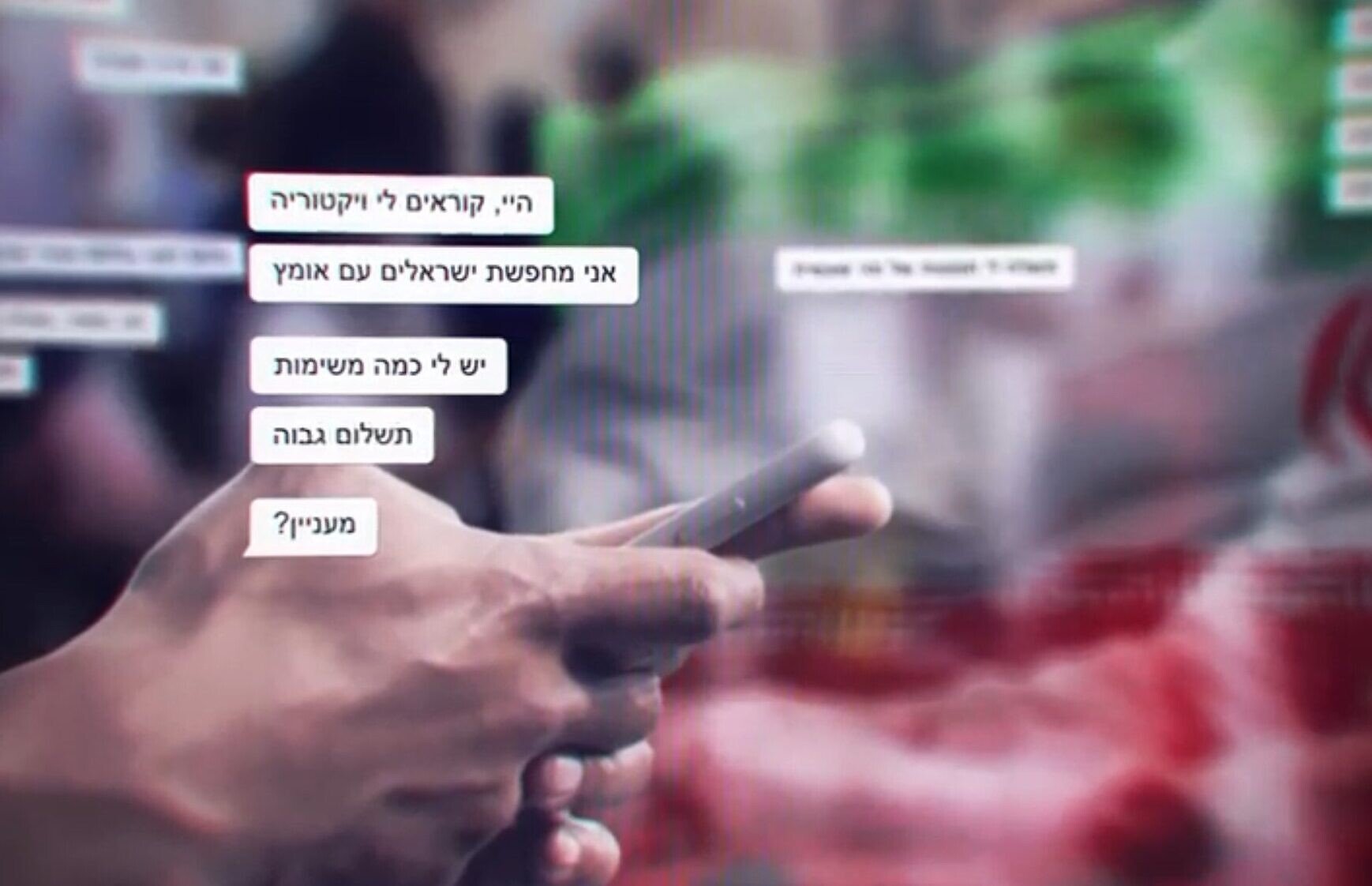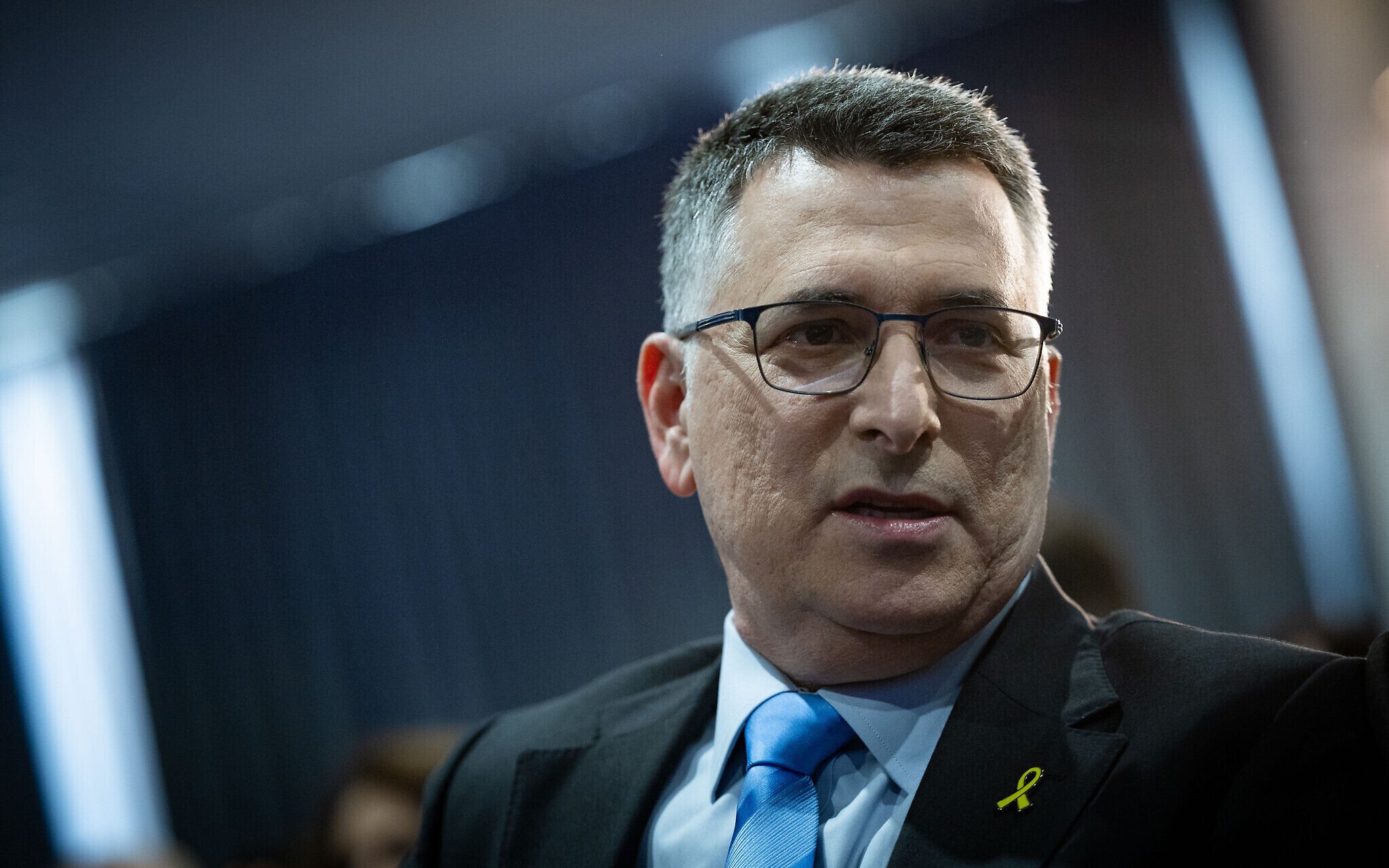



A 13-year-old boy from Tel Aviv was arrested on suspicion of acts of vandalism on behalf of Iran in exchange for financial compensation, the Israel Police and Shin Bet said Tuesday.
The boy spray-painted graffiti in the Tel Aviv area at the behest of an Iranian agent, police said, but declined to elaborate on the content of the graffiti.
The minor, a resident of Tel Aviv, was allegedly contacted by the foreign agent via the Telegram messaging app. He was tasked with vandalizing several bus stops, according to the Kan public broadcaster.
He is the youngest in a string of suspects detained by police in recent months on suspicion of carrying out tasks on behalf of Iranian agents.
In past espionage cases, police have alleged that suspects hung posters with pro-Iran messaging, while other suspects were accused of spray painting anti-Netanyahu slogans.
The young suspect was also allegedly offered money to photograph the home of Foreign Minister Gideon Sa’ar, Kan reported.

But rather than take pictures of his house, he was said to have grabbed photos off of social media and sent them to his Iranian contact in return for hundreds of shekels in cryptocurrency.
Police said the agent also requested the youth take photographs of the Iron Dome missile defense system, but he refused.
A spokesman for law enforcement said the 13-year-old was released to house arrest and his parents have been updated throughout all the stages of the investigation.
The boy’s parents knew nothing of his contact with the foreign agent until police showed up with an arrest warrant for their son, according to Kan.
Hagit Rachmani-Weiss, the public defense attorney representing the youth, told the public broadcaster that her client was unaware that the person who contacted him was a foreign agent.
“This is a young child who had no intention of harming the country,” she said. “When concerns arose, he immediately severed the connection and even blocked the contact.”
She claimed that after the boy’s version of events was presented to law enforcement, they agreed to release him to five days of house arrest.
Speaking to The Times of Israel, Rachmani-Weiss said she does not expect charges to be filed against the child.

In a statement, police called on parents to be vigilant in monitoring their children’s internet activity to ensure they do not make contact with foreign agents.
In May, a 16-year-old was arrested on similar suspicions of hiding money, photographing sensitive locations and printing inciting flyers.
Last week, Iranian media outlets claimed without evidence to have obtained a vast trove of “strategic and sensitive” intelligence related to Israel’s nuclear facilities and defense plans. No details on the documents were provided, however.
Iran state television said the data was obtained during a “covert operation” involving Israeli citizens Roy Mizrahi and Almog Attias, who were arrested by police in late April on suspicion of collecting intelligence on Iran’s behalf.
Mizrahi and Attias are two of dozens of suspects thought to have carried out missions for Iranian intelligence operatives. Over the past two years, Iran has ramped up its efforts to recruit ordinary Israelis as spies in exchange for money.

In most cases, Israelis recruited by Iranian handlers began by carrying out small, innocuous tasks that gradually grew into more serious offenses, like intelligence gathering and assassination plots.
Of the dozens arrested and charged with espionage for Iran, only a few have been sentenced so far.
In late April, a man was handed a 10-year prison sentence for contacts with Iranian agents that included discussions of a plot to assassinate Prime Minister Benjamin Netanyahu.
